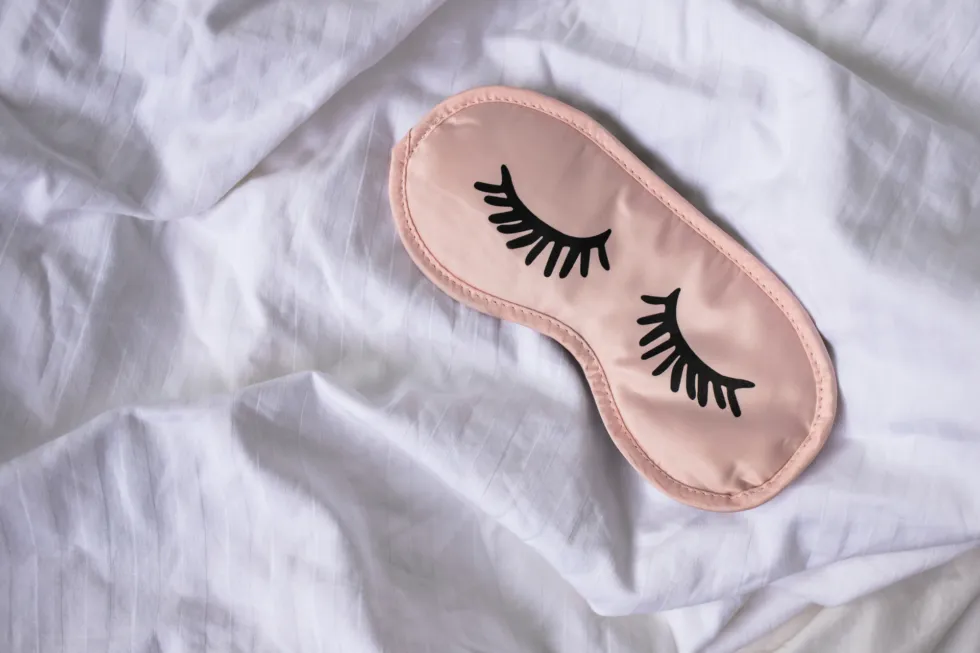
Snoring comes in all shapes and sizes: you might be troubled by chronic or occasional periods of snoring, or you may be the one left wide awake as your bed partner snores next to you.
Snoring occurs when some obstruction prevents air from flowing easily through your airway while you sleep. And since your airway function is tied to your overall health, snoring can lead to poor sleep and other health problems. Snoring isn’t always cause for concern, but chronic snoring can impact sleep and daily life.
Snoring and sleep go hand in hand, and the truth is that everyone snores at some point – but do you know why? Today, we will break down the details of why people snore, the underlying causes, and whether improving your airway function could stop snoring – and transform your life!
What Causes Snoring While Slumbering?
You’ve probably noticed that no one snores when they’re awake. That’s because snoring and sleep are linked! Your body relaxes when you fall asleep (whether it’s a nap, deep sleep, or light sleep). As a result, your tongue and throat muscles also relax – creating a smaller space for air to pass through.
Your bulky throat tissue vibrates as air moves through your nasal passages and restricted airways. The result? A soft or loud snoring sound!
Snoring isn’t unusual. In fact, according to the National Sleep Foundation, over 35 million people report chronic snoring. Many different factors can cause temporary or regular snoring. However, loud snoring can be a sign of sleep disorders – and recognizing sleep disorder symptoms is essential to treating snoring, health problems, and beyond.
First, let’s talk about snoring as a sign of something more serious: obstructive sleep apnea.
Obstructive Sleep Apnea: A Major Culprit Behind Snoring
Not everyone with habitual snoring has sleep apnea, but snoring is one of the primary signs of Obstructive Sleep Apnea (OSA). This condition occurs when the throat and soft palate partially or fully collapse while sleeping, interrupting your breathing patterns and sleep. When this happens, you don’t just snore loudly – you stop breathing (sometimes up to 20 or 30 times per hour), breaking you out of your sleep patterns, too.
This disrupted sleep doesn’t just make you tired. It’s also linked to more severe physical and mental health conditions, like:
- Depression
- High Blood Pressure
- Cardiovascular Disease
- Morning Headaches
- Excessive Daytime Sleepiness
- Chest Pain
- Insomnia
If you’re experiencing any of these symptoms and you snore regularly, it might be time to talk to your doctor about a sleep study or airway orthodontics to help you get enough sleep and stay healthy.
Sleep Position to Soft Palate Structure: Other Reasons for Snoring
While sleep apnea is a common cause, it’s not the only reason people snore. Luckily, many of these causes aren’t life-threatening and can be treated with lifestyle changes.
What’s Preventing You from Breathing Better?
- Cold or Sinus Infection: Allergies, nasal congestion, sore throat, enlarged tonsils, and sleep medicine can give you restless sleep, a stuffy nose, and snoring problems!
- Sleeping Position: Your sleep posture affects how gravity interacts with your relaxed muscles, and sleeping on your back is a big culprit for impacted sleep quality. Try other sleep positions to reduce snoring.
- Excess Weight: Weight gain can impact your sleep and increase snoring; losing weight will bring health benefits for your sleep and snoring issues.
- Nasal Structure: Nasal polyps, deviated septum, long soft palate or uvula, and poor muscle tone due to age are all physical factors that can narrow your airway while sleeping.
Drinking Alcohol: Alcohol consumption and certain medications can trigger snoring. Alcohol relaxes the nose and throat during a person’s sleep cycle, causing airway obstruction.
Sleep Deprivation: Being more tired than usual will increase muscle relaxation when sleeping and can cause you to snore.
What Can You Do for Snoring?
There are several solutions to help treat or reduce snoring. Lifestyle changes, such as improving sleep habits or avoiding alcohol before bed, are simple ways to reduce snoring. Nasal strips and oral appliance therapy can also enhance airflow and adjust the position of the tongue and jaw. For severe cases, medical treatments like neck surgery may be considered. Each person is unique, so finding the best solution for you is important.
Remember, a good night’s sleep is not a luxury; it’s a necessity for overall health and well-being. At aligned. Orthodontics, we work with patients to improve airflow and align airways for better sleeping and everyday life. If you or your child snores, visit Dr. Vanderstelt for holistic airway support that addresses you as a whole.